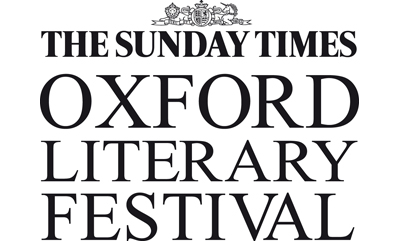
Speakers
- Chaired by Jean Seaton (director of the Orwell Prize)
Orwell:
- Paul Anderson (journalist, author, academic, editor of Orwell in Tribune: “As I Please” and other writings 1943-7)
- Sarah Bakewell (writer, author of the Duff Cooper Prize-winning How to Live: A Life of Montaigne in one question and twenty attempts at an answer, Orwell fan)
Kipling:
- Charles Allen (historian, author of Orwell Prize-longlisted Kipling Sahib)
- Andrew Lycett (biographer, author of Rudyard Kipling and editor of Kipling Abroad)
Details
‘Kipling is in the peculiar position of having been a byword for fifty years. During five literary generations every enlightened person has despised him, and at the end of that time nine-tenths of those enlightened persons are forgotten and Kipling is in some sense still there.’ George Orwell on Rudyard Kipling, 1942
Both Orwell and Kipling (who died 75 years ago, in 1936) were born in India and wrote about the British Empire. Both of them were intensely political writers, across journalism, prose and poetry. But which of them is the greater writer?
Links
- Oxford 2011: Does it make a difference who funds the arts?
- George Orwell: Burmese Days (1934)
- George Orwell: Rudyard Kipling (New English Weekly, 1936)
- George Orwell: Rudyard Kipling (Horizon, 1942)
- Douglas Kerr: Orwell, Kipling and Empire
- Sunday Times Oxford Literary Festival